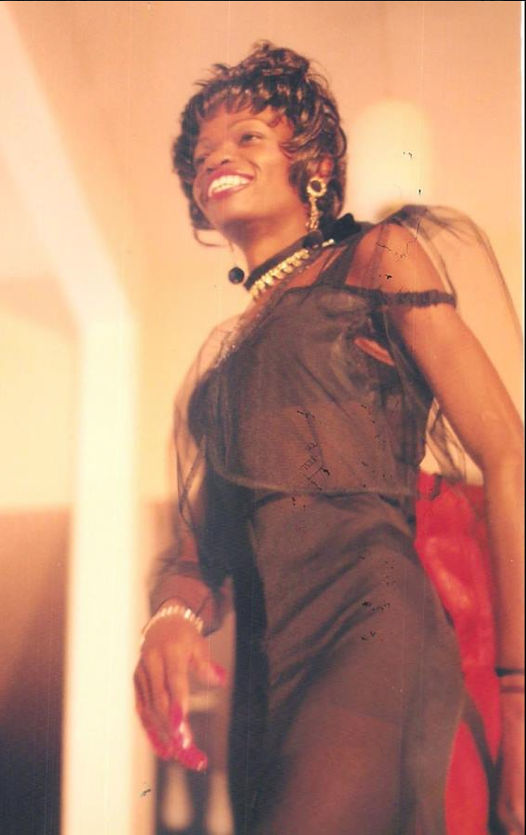The African-American transgender community disproportionately faces violence and homicide.
Since 1998, November 20 has commemorated the International Transgender Day of Remembrance, which memorializes those who have been killed as a result of anti-transgender violence. This day is also aimed at bringing attention to the continued violence endured by the transgender community through out the world.
And while this day may not get the media attention that it deserves, hundreds around the country in places such as New York City, Kansas City, Boise and St. Louis will gather and hold vigils for those whose lives ended way too soon.
And while it’s easy for many of us to ignore this day, we have to face the facts: Violence against the transgender community is most definitely an African-American problem.





